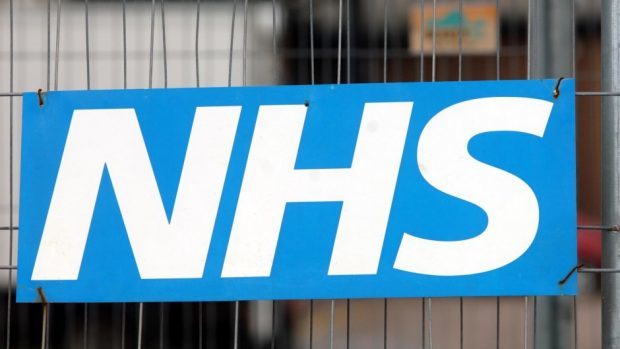Children as young as 11 in the Highlands are being prescribed antidepressants by doctors.
There were 331 under 18s prescribed the drugs in 2016-17, including six 12 year olds.
And in the north there are nearly four times as many girls as boys taking them, sparking concerns about cultural pressures around issues such as body image.
NHS Highland confirmed under a Freedom of Information request that children under 12 were also being prescribed anti-depressants, but the figure was under the threshold to be recorded on official records.
Nearly 1,900 north patients under 18 have been prescribed the medication in the last five years.
Scotland-wide figures from August revealed that four times as many children under 13 were being prescribed antidepressants last year compared to seven years ago, and under 18s doubled from 2,748 to 5,572 in the same period.
However, the figures in the Highlands have remained fairly consistent, rising from 357 in 2012-13 to just over 400 the following two years, then dropping to 331 in 2016-17.
An NHS Highland spokeswoman stressed that not all of the prescriptions come from child and adolescent mental health services, as the medicine can also be used for chronic pain or migraines as well as mental health conditions such as anxiety, depression and OCD.
But north Labour MSP Rhoda Grant said she was concerned by the quality of access to mental health services in the north, given the figures.
She said: “I have been struck recently about the number of young people who have raised the lack of services with me and this is especially the case in rural areas.
“Where young people suffer poor mental health, early intervention is crucial to give them the support they need and to make sure that this does not impact on their education.
“We need more easily available support for young people in emotional and wellbeing aspects of their lives to give them the best start in life.”
The NHS spokeswoman said there was a slight downward trend in numbers of young children being given anti-depressants, saying this is likely due to more investment in delivering psychological therapies – not prescriptions – for low mood and anxiety.
She said that more prescriptions within child and adolescent mental health services (Camhs) in Highland have been issued for significant anxiety disorders than for depression.
This also explains an average ratio of nearly four girls to one boy being prescribed antidepressants in the north, as a lot of adolescent girls are referred with a loose grouping of symptoms that include social anxiety, low mood and self harm.
Cultural pressures around body image and social pressures about fitting can make girls more vulnerable to social anxiety than boys.
And social media and cyber bullying are well documented and recognised factors for rising depression among young people.
The spokeswoman added: “People who suspect that they may have a depressive illness should not suffer in silence. Talk to a friend, and if you are worried, please contact your GP for advice. If you do not feel able to talk to a friend or your GP straight away then consider talking to a confidential telephone service such as Breathing Space.
“There is no shame in depression, and you should not suffer alone. Depression is a real illness with real symptoms. Please take the first step, and talk to someone about how you feel.”
GP Alasdair Forbes, deputy chairman in policy for the Royal College of General Practitioners Scotland, said GPs will only prescribe in the best interest of the patient and in line with national guidelines and that they often refer young people to mental health specialists.
Dr Forbes added: “However, all too often patients will be faced with lengthy waiting times for these services. In these situations, GPs will do what they can to meet the needs of their patients.
“There are many areas of the healthcare system that need to be improved to ensure more streamlined care can be delivered to patients with mental health problems, not least the interface between primary and secondary care. It is also clear that in cases where patients are presenting with mental distress, whether they are young people or adults, 10-minute consultations are simply unfit for purpose.”
